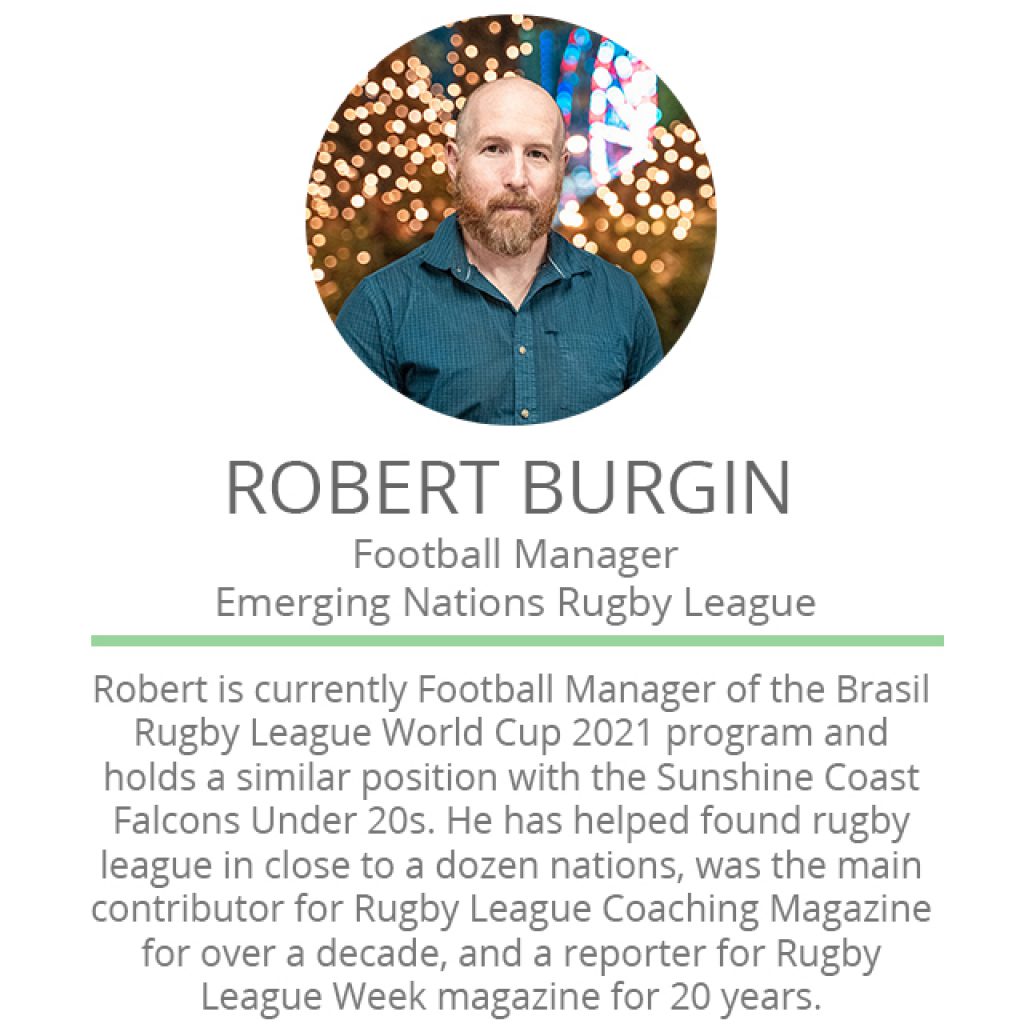The concept of Wetiko: Selfishness & Selflessness
Have you ever heard of Wetiko?
Native Americans believe it is a virus which forces people to never consider the wellbeing of others.
Westerners know it more commonly as selfishness, with greed and excess closely tied in.
Because the Native Americans view it as an infection, they believe certain defensive barriers can stop it from infiltrating the body and mind.
Meanwhile, others believe that the path to becoming selfless is by actually being selfish in the first place.
They contend that by first investing time to develop ourselves, we can forget self-centred, self-pitying narratives, see where we can improve our fortunes, then work hard to better the world surrounding us.
“Self-centredness and selflessness are two distinct psychological constructs…not simple opposites on a continuum,” notes French psychology researcher Dr Michael Dambrun.
“The two self-based modes of psychological functioning indicate two relatively independent paths.
“A low level of self-centredness does not necessarily imply a high level of selflessness (and vice-versa).”
In sporting and business environments, concepts of self are of great interest.
For not only do they indicate how a person is likely to interact with those surrounding them, it also provides an insight into motivation and enjoyment.
Dr Dambrun’s body of work is primarily related to happiness, and how it can be achieved and sustained in relation to the ego.
His research builds on the Self-centredness/Selflessness Happiness Model (SSHM), which takes a different angle to other popular theories on what constitutes fulfillment.
For example, self-determination theory states that happiness and wellbeing are intimately linked to autonomy, competence and relatedness.
Similar theories to that contend there are six key factors: self-acceptance, positive relationships, mastering one’s environment, autonomy, having a purpose in life, and self-growth.
Dr Dambrun’s SHHM is more concise and distils happiness down to two key influences.
“According to the model…self-centred psychological functioning induces fluctuating happiness, while authentic-durable happiness results from selflessness,” Dr Dambrun says.
Dr Dambrun observes there are different ‘afflictive effects’ when we centre our thinking on ourselves.
While we experience certain highs and degrees of pride, self-centredness also exposes us frequently to emotions like anger, fear, jealousy and frustration.
Conversely, selflessness and authentic-durable happiness are characterised by feelings of stability and harmony, and achieving the state of plenitude and serenity.
Some concepts intertwined with authentic-durable happiness are paying attention to the present moment, acting with awareness, concentration, non-distraction and non-judgment of experiences.
“Insofar as selflessness increases inner-peace, it could be a (supporting) factor for health,” Dr Dambrun says.
“Inner-peace is associated with a lower level of cortisol, a hormone involved in cardiovascular disease.”
“On the other hand, self-centredness is more likely implied in the development of neuroticism, a personality trait strongly linked to various psychological and health issues.”
Which effectively brings us full circle back to the notion of Wetiko.
Maybe selfishness is a virus after all.
Alnoor Ladha and Martin Kirk wrote a fascinating journal about its manifestation.
“Wetiko deludes its host into believing that cannibalising the life-force of others is a logical and morally upright way to live,” they penned.
“It allows – indeed commands – the infected entity to consume far more than it needs in a blind, murderous daze of self-aggrandisement.”
The pair reference a description of Wetiko by author Paul Levy, which is ‘malignant egophrenia’, the ego unchained from reason and limitations, acting similar to a cancer cell.
Elsewhere they describe Wetiko as an ‘amputation’ of “the ability to see and know in different ways from their own”.
In analysing the selflessness and happiness levels of yourself and others within your team, it is worth keeping in mind that an infection of Wetiko may be endemic within a larger organisation.
And it will take consolidated work to be identified and removed.
“Any living network that becomes sufficiently complex will demonstrate an instinct to survive,” Ladha and Kirk wrote.
“In other words, any system that is sufficiently infected by Wetiko logic will reward cannibalistic behaviour.”
If you’ve read this far, you no doubt are asking some fairly deep and meaningful questions right now.
What is the correct balance of self-centredness and selflessness for myself, the individuals under my guidance, my collective team, and for my organisation?
Am I prioritising short-term achievements or long-term happiness and a positive culture?
What are some measures for me to assess where my attributes sit in regard to selflessness?
What are signs that there may be a problem? Similarly, what are some signs I might have the balance just right?
Are there any tools or techniques available to improve the consideration of others?
Coach’s Companion offers a forum for discussion, a platform for self-appraisal and short guides to harnessing the mindset of selflessness both for team harmony and participant enjoyment.







